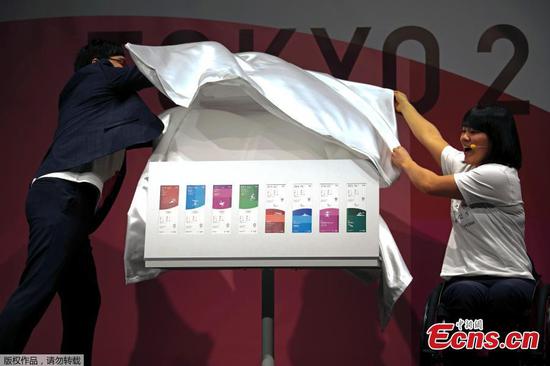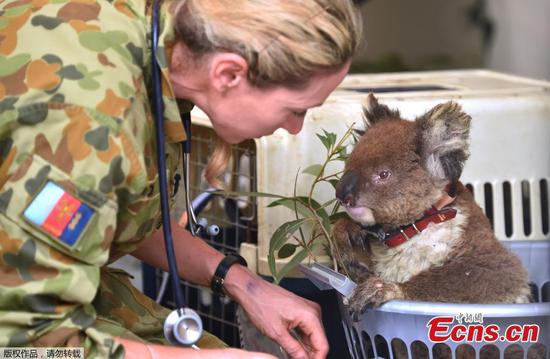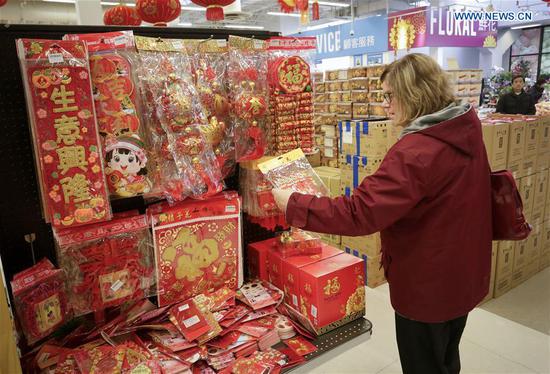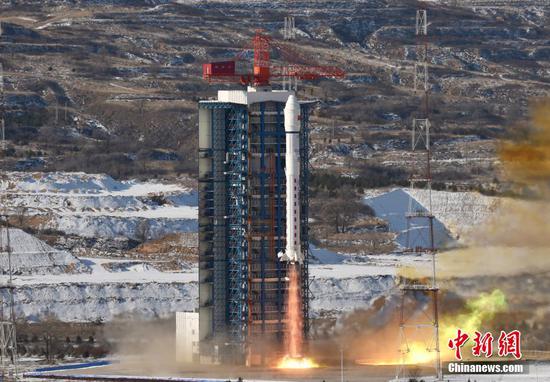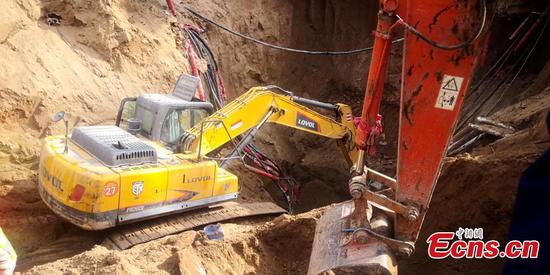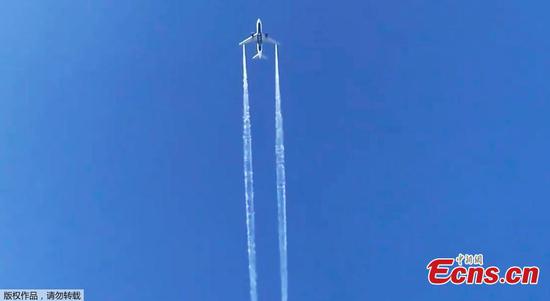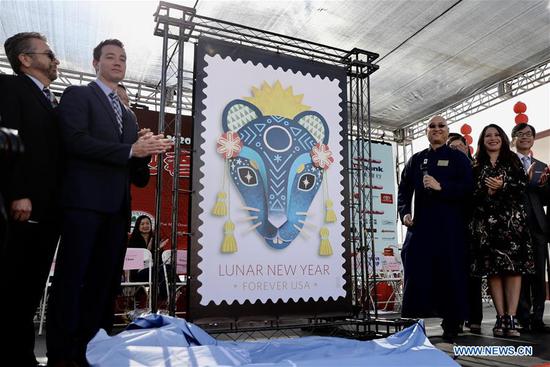China's capital city Beijing is taking concrete steps to promote garbage sorting and has achieved tangible results as preparations for the official launch of a city-wide mandatory regulation taking effect in May enters the home stretch.
The city aims to establish municipal solid waste sorting demonstration zones in 90 percent of its sub-districts and townships, according to the government work report delivered at the opening meeting of the annual session of the Beijing Municipal People's Congress.
Mandatory trash sorting has been implemented in 1,912 Beijing-based Party and government offices at all levels in 2019, with a pilot set up in the administrative office area of Beijing's sub-center in Tongzhou District.
"Beijing has carried out waste sorting in diplomatic quarters and residences and received positive responses and participation from diplomats and their family," Li Rugang, deputy director of the municipal commission of urban management, said on Wednesday at a press conference.
As part of Beijing's efforts to implement garbage sorting, the municipal authorities will also limit disposable items in Party and government offices, catering businesses and hotels.
The Beijing Conference Center, the venue for the current legislative session, is a forerunner in on-site resourceful recycling of kitchen waste and does not offer disposable items unless being asked for.
Beijing has had pilot trash sorting projects since early 1998 when the Dachengxiang community in Xicheng District first started to classify garbage. The city also published China's first household garbage management regulation at the end of 2011, which took effect on March 1 of the next year.
Home to about 21.5 million people, Beijing had a designed daily urban solid waste handling capacity of 32,711 tonnes and a 99.98-percent harmless treatment rate by the end of 2019, which could meet the city's requirement of refuse disposal, Li noted.
The total amount of garbage clean-up and transportation has grown slowly, with the increase rate reduced from 10.41 percent in 2016 to 3.07 percent in 2018, and an estimated lower speed for 2019.
The city has since last year started to prepare and is gearing up with facility layout and publicity on garbage sorting.
Standardized garbage sorting bins and transport vehicles will be put in place before May, with the construction of centralized on-site treatment facilities accelerating.
An exhibition is planned to be held in Beijing in early April, according to Li, showcasing kitchen waste on-site disposal technologies and equipment, as well as those related to sorting.
Wu Xiaolei, a deputy to the municipal people's congress who also oversees the legal department of the Beijing Real Estate Group Co., Ltd., said garbage sorting is not just about the environment, but a symbol of urban civilization and governance.
"I'm all for it," she said, noting that Beijing's rules of garbage sorting will provide a reference to other places across the country. "Waste management is a responsibility for the whole of society, not only one individual."
Instruction manuals, guide maps and brochures will be designed and released to the public, as well as a Wechat mini-program that offers correct sorting advice by taking photos, according to the urban management commission.
Li noted that it takes time for the public to notice, then understand and finally participate in garbage sorting.
"Everyone produces garbage and falls victim to it, therefore everyone is obligated to be a garbage collector," Li said.



















